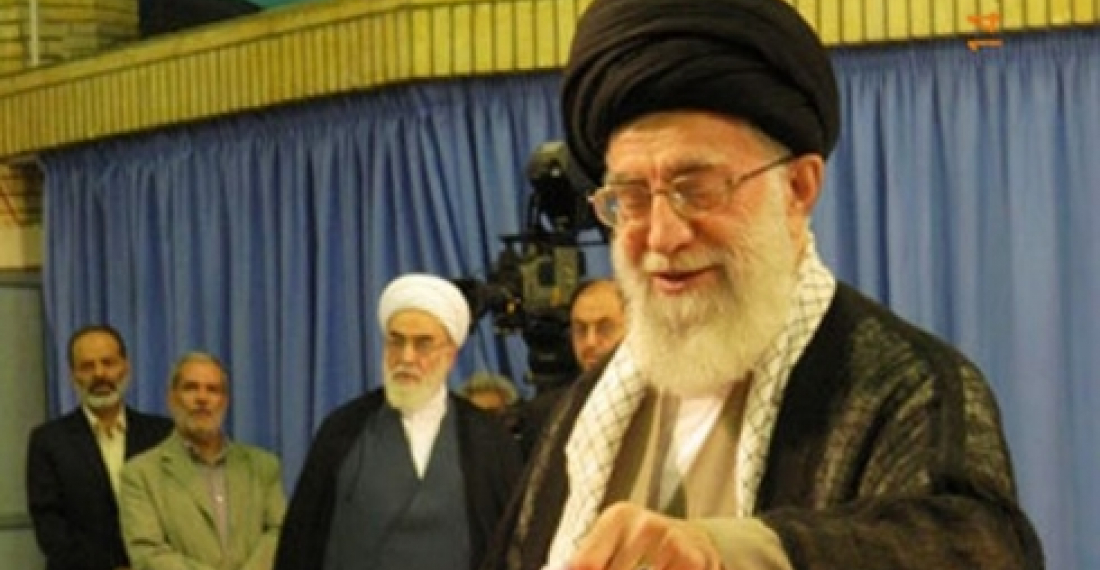Iranians are voting today to choose their new President.
Iran's Supreme Leader Ayatollah Ali Khamenei was one of the first to cast his vote. Asked by journalists who he had voted for Khamanei said that he selected a candidate, but that even his family do not know who he had voted for.
Khamenei urged the people of Iran not to be late in casting their votes. The Supreme Leader of Iran called the presidential elections "epic".
Khamenei noted that the electoral commission is responsible for counting the peoples votes, adding that it is their responsibility to keep the votes safe. He also said that Iran does not care if the US does not recognise the elections in Iran as democratic.
There are six candidates participating in the current presidential elections:
Secretary of Expediency Council Mohsen Rezaei,
Supreme National Security Council Secretary Saeed Jalili,
Former Foreign Minister Ali-Akbar Velayati,
Tehran Mayor Mohammad-Baqer Qalibaf,
President of the Strategic Research Center of the Expediency Council Hassan Rohani,
Former Telecommunications Minister Mohammad Gharazi.
Nearly 50.5 million Iranians are eligible to vote in the upcoming presidential poll. Iranians living in other countries are able to vote through the embassies of Iran in those countries.
source: commonspace.eu
photo: Iran's Supreme Leader, Ayattolah Ali Khamanei casting his vote at the Imam Khomeini Clerical Center (Hosseinieh) in Tehran on 14 June 2013.







